United Airlines faced a serious midair emergency that disrupted its Paris–Newark route. Initially, the flight took off smoothly. However, just 30 minutes into the journey, the aircraft experienced a critical technical issue over Normandy. As a result, the flight had to return to Paris immediately. United Airlines confirmed the fault and took necessary action to ensure passenger safety. The Boeing 777, despite its age, landed back in Paris without injury, though it caused major disruption.
At 29,000 feet, the aircraft’s technical issue forced the crew to act quickly. Consequently, the pilots turned the plane around, heading back to Charles de Gaulle Airport. Emergency crews were on standby, but fortunately, the landing proceeded without incident. Passengers were safely offloaded, and a replacement aircraft was promptly arranged. This new plane took off three and a half hours later, resuming the flight to Newark.
This incident underscores important concerns in the global aviation industry. Airlines continue to operate aging fleets due to delays in receiving newer aircraft. United Airlines, like many others, has postponed retiring older planes. This delay in fleet modernization, combined with rising demand, creates increased operational risks, especially during peak travel seasons.
Newark Airport, already strained by air traffic issues, felt the added pressure of this incident. As a result, the delayed flight disrupted domestic connections, hotel accommodations, and business schedules. This situation reminded passengers that even a single delay can cause significant ripple effects across multiple sectors.
France-to-U.S. travel remains strong in 2025, driven by favorable exchange rates and major events in the U.S. Consequently, hotels near Newark and New York City report near full capacity. Although this single flight delay might seem small, it has wide-reaching consequences for tourism and local businesses.
In the end, United Airlines handled the emergency with efficiency and care. However, this event highlighted the vulnerabilities in air travel logistics. As global travel surges, airlines must accelerate fleet upgrades to avoid more disruptions in the future.
Related stories:
Catch up on the top stories and travel deals by subscribing to our newsletter!

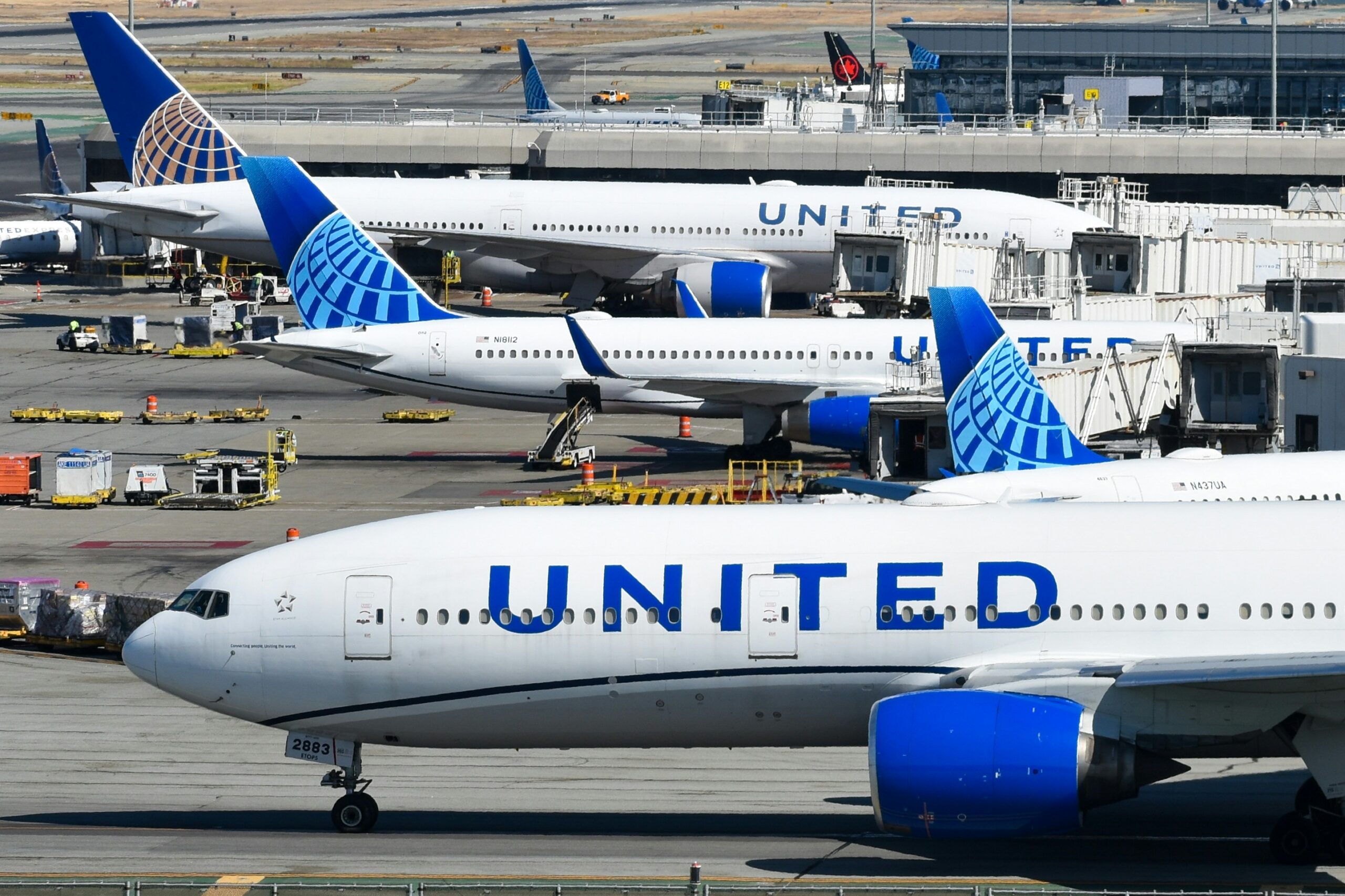

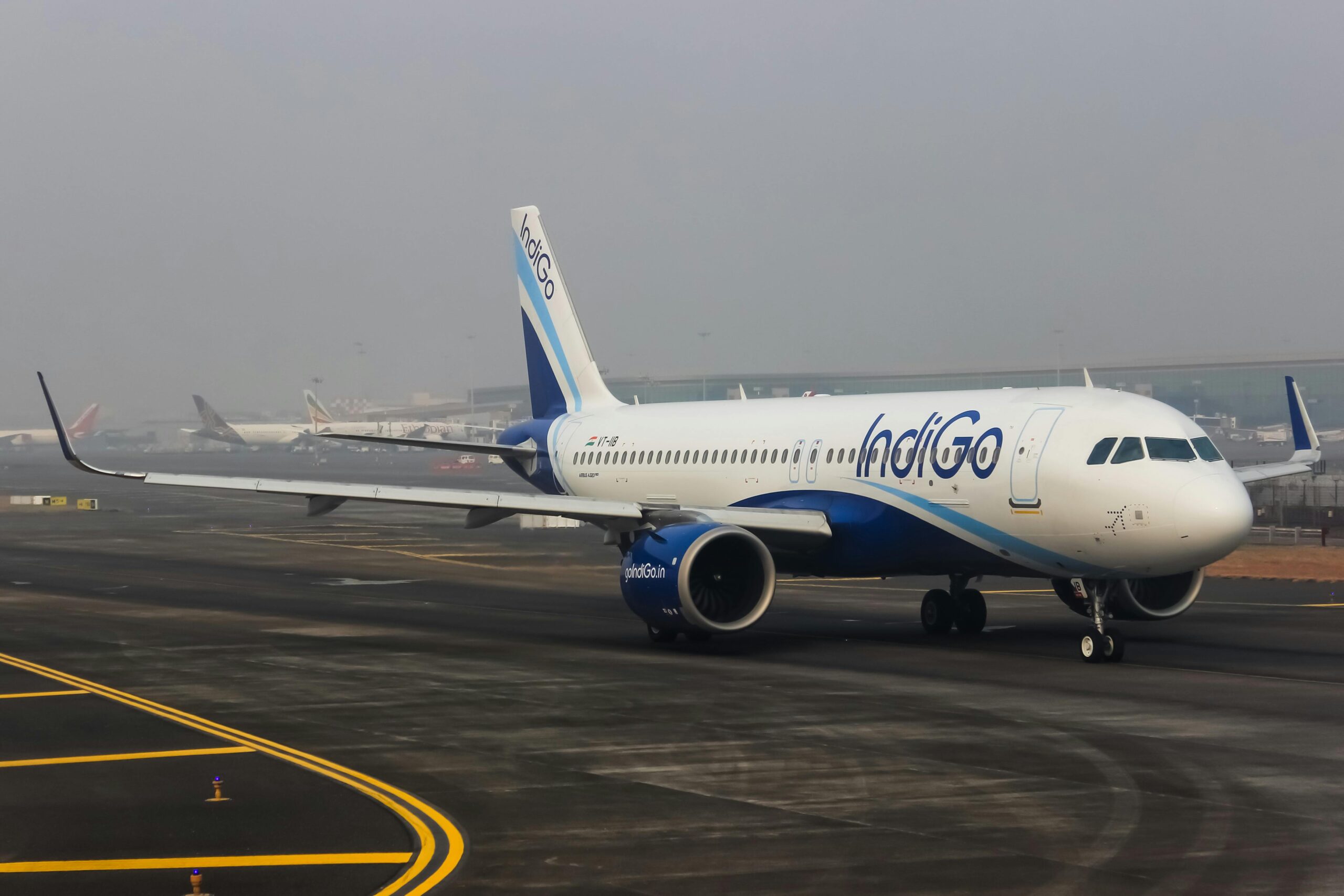
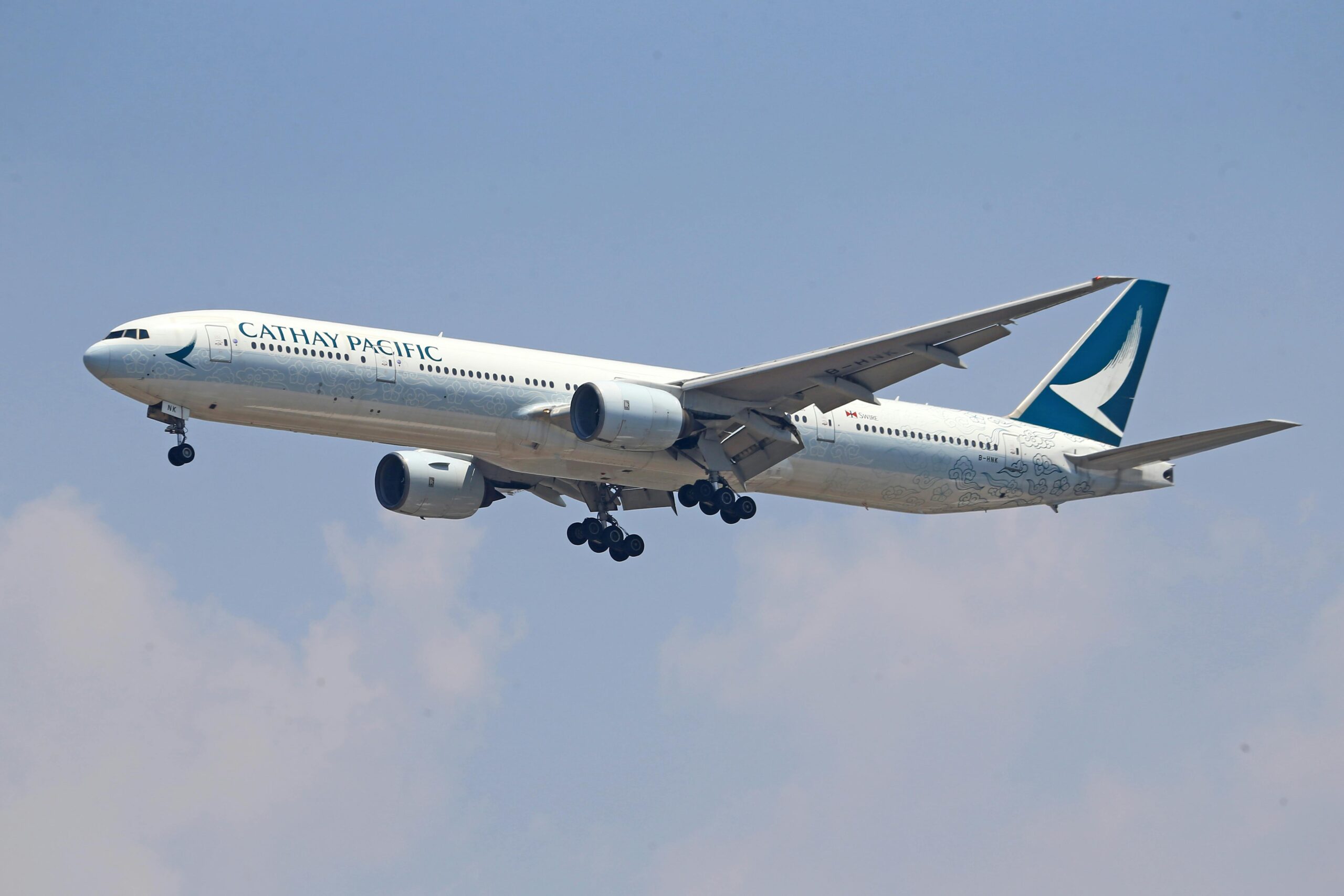

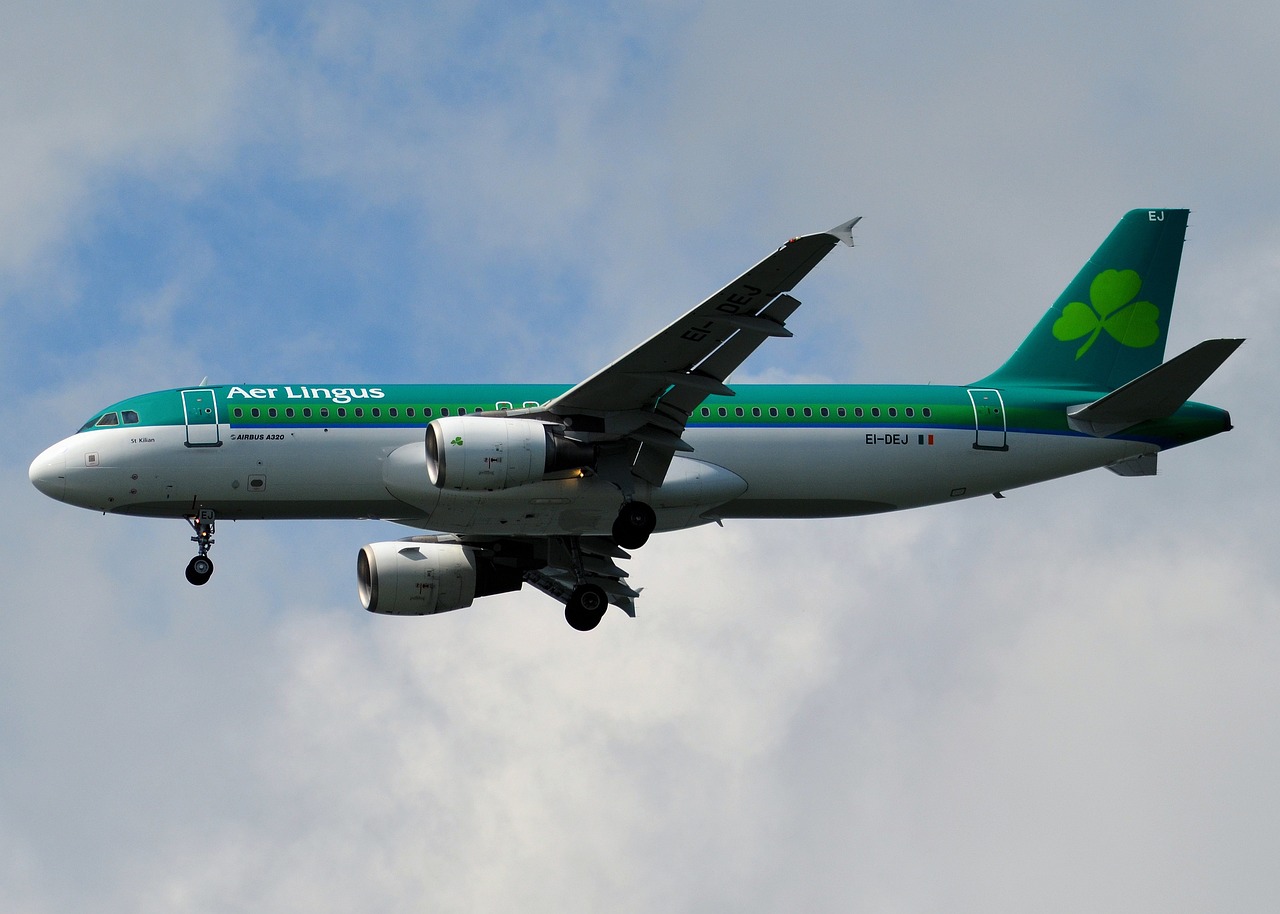
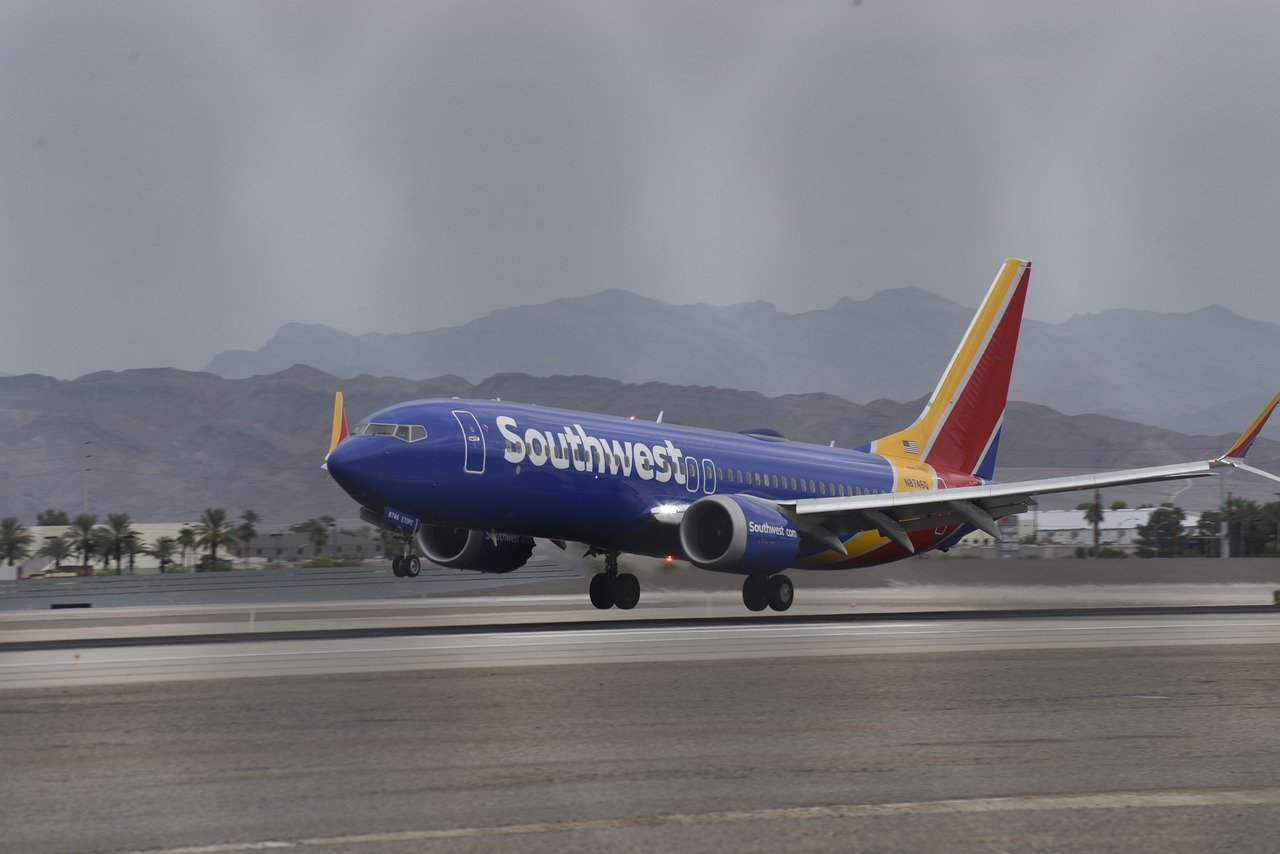




Leave a Reply